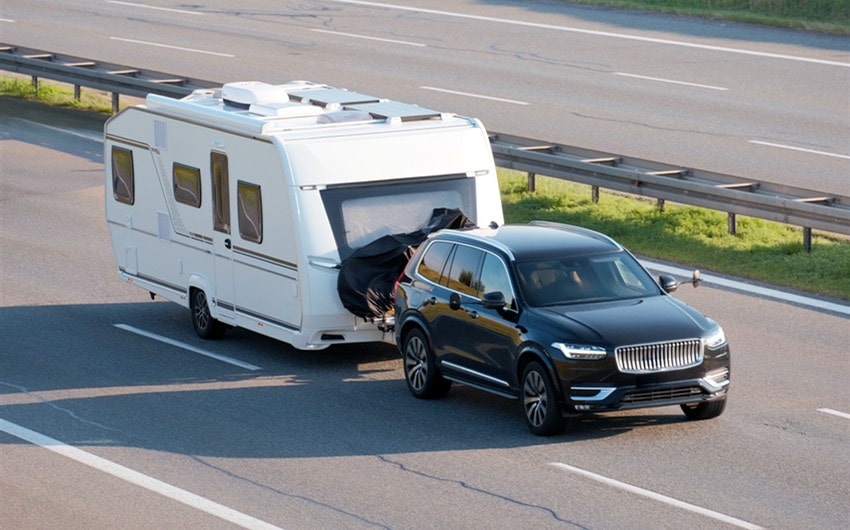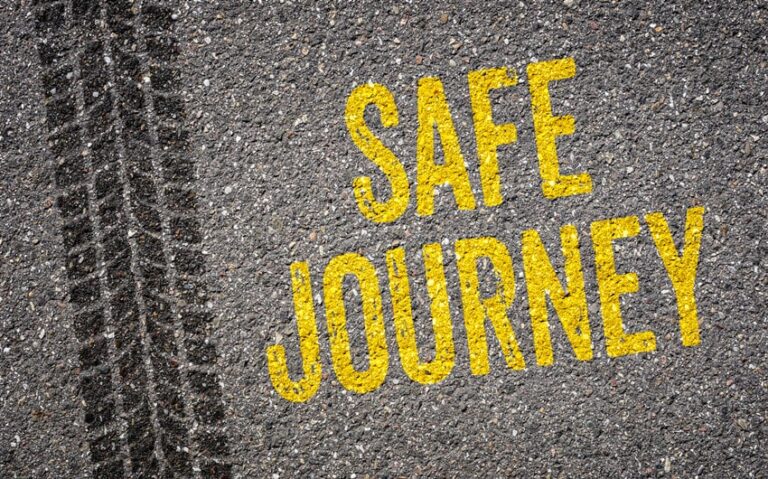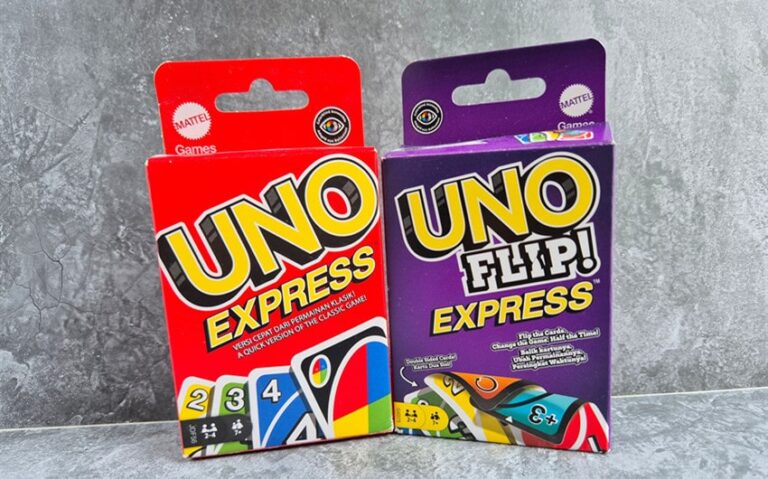What Does UVW Mean on a Travel Trailer? Understanding the Weight Before the Journey
You see it stamped on the side of the trailer, printed in the specs, mentioned by sellers who assume you already know: UVW. If you’re new to towing, RV life, or even just curious about what all the numbers mean when shopping for a travel trailer, you might wonder—what exactly is UVW? And more importantly, why does it matter before you hit the road?
The short answer: UVW stands for Unloaded Vehicle Weight. But the long answer is where things actually get helpful. Because understanding UVW is about more than just pounds and payloads—it’s about safety, balance, planning, and being honest about what you’re carrying with you, both physically and mentally.
What Is UVW (Unloaded Vehicle Weight)?
UVW is the total weight of a travel trailer as manufactured at the factory. That means it includes the frame, axles, tires, interior furnishings, installed appliances, water heater, furnace, and any other standard equipment. It does not include any water in the tanks, propane in the cylinders, luggage, food, passengers, aftermarket add-ons, or optional accessories.
Think of UVW as the “empty weight” of the trailer—what it weighs before it becomes uniquely yours.
Here’s what UVW does include:
- Chassis and body structure
- Factory-installed furniture and cabinets
- Built-in appliances like fridge, stove, A/C, heater
- Wiring, plumbing, insulation
Here’s what UVW does not include:
- Water (fresh, gray, or black tanks)
- Propane
- Gear, clothes, food, tools
- Aftermarket modifications
Why UVW Matters When You’re Towing
When you’re pulling a travel trailer behind a vehicle, weight isn’t just a number—it’s a variable with real-world consequences. Go over the limit, and you’re not just risking a fine—you’re risking brake failure, tire blowouts, swaying at highway speeds, and the very real danger of losing control on a downhill slope.
Knowing the UVW tells you where you’re starting. It’s the baseline you’ll build on when calculating what your actual, loaded weight will be.
Here’s how UVW connects to other key numbers:
- GVWR (Gross Vehicle Weight Rating): This is the max weight your trailer is rated to carry—UVW + everything you add
- CCC (Cargo Carrying Capacity): GVWR minus UVW. This tells you how much extra weight you can safely add
- GCWR (Gross Combined Weight Rating): The maximum weight your tow vehicle and trailer combined can legally weigh
If your trailer has a GVWR of 7,000 lbs and a UVW of 5,000 lbs, your CCC is 2,000 lbs. That sounds like a lot—until you start adding 400 lbs of water, 60 lbs of propane, 800 lbs of gear, and your collection of cast iron cookware.
UVW and the Minimalist Mindset of the Road
One reason UVW resonates with a certain kind of traveler is because it represents the stripped-down version of the journey—the trailer as it was, untouched by anyone’s additions or complications. It’s a weight that doesn’t lie. Clean. Untethered. Ready.
But that never lasts. Because the moment you start adding things—comforts, just-in-case gear, tools, the heavy-duty lawn chairs you only use twice—it’s easy to lose track. UVW is your reset point. Your mirror. A way to pause and ask: what am I carrying that I don’t need?
How to Find the UVW of Your Trailer
The UVW is usually listed:
- On the trailer’s VIN/spec sticker (often near the door frame or hitch)
- In the owner’s manual or manufacturer’s documentation
- On the manufacturer’s website by model/year
Be aware: the actual UVW of your specific trailer might vary slightly from the published brochure weight. Accessories added at the dealership or factory upgrades can change the final number. For the most accurate reading, take it to a public scale when empty and weigh it yourself.
UVW vs. Dry Weight: Are They the Same?
Usually, yes. Many manufacturers use “UVW” and “Dry Weight” interchangeably. But some brochures or dealers will include propane or a minimal amount of water in “dry weight” estimates. Always clarify what’s actually included in the number you’re seeing.
What Happens If You Ignore UVW and Overload Your Trailer?
It’s tempting to throw caution to the wind—especially if you’re not going far or feel like “just a few extra things” won’t make a difference. But exceeding your trailer’s GVWR or your tow vehicle’s towing capacity can lead to:
- Trailer sway on highways or in crosswinds
- Increased brake wear and longer stopping distances
- Axle damage over time
- Insurance complications if an accident occurs while overloaded
And that’s not even touching the mental load of dragging more than you can handle. You feel it. In fuel economy. In stress. In white-knuckling through mountain passes. Less weight equals more freedom. Simpler choices. A smoother journey.
UVW in Real-World Packing: Planning with Intention
Knowing your UVW lets you plan like a traveler, not just a packer. You begin to weigh decisions with care. Do you need the full set of dishes? Will you actually use the second camp stove? What brings comfort, and what just takes up space?
This kind of intentional packing is more than logistical. It’s psychological. Every item you choose to carry becomes part of your story. UVW reminds you: the lighter the load, the more room you have for what matters—connection, spontaneity, the long quiet of the road.
The UVW Philosophy: Travel Light, Travel Well
Understanding UVW isn’t just for mechanics or RV forums. It’s for anyone who believes that movement should be meaningful. When you know your trailer’s true weight—before the memories, the dust, the souvenirs—it becomes easier to notice how quickly we accumulate what we don’t need.
So take a breath. Look at the empty rig. Remember the number. Then fill it with intention. Because what you bring with you changes how the journey feels—and how free you are to go wherever the road leads.







